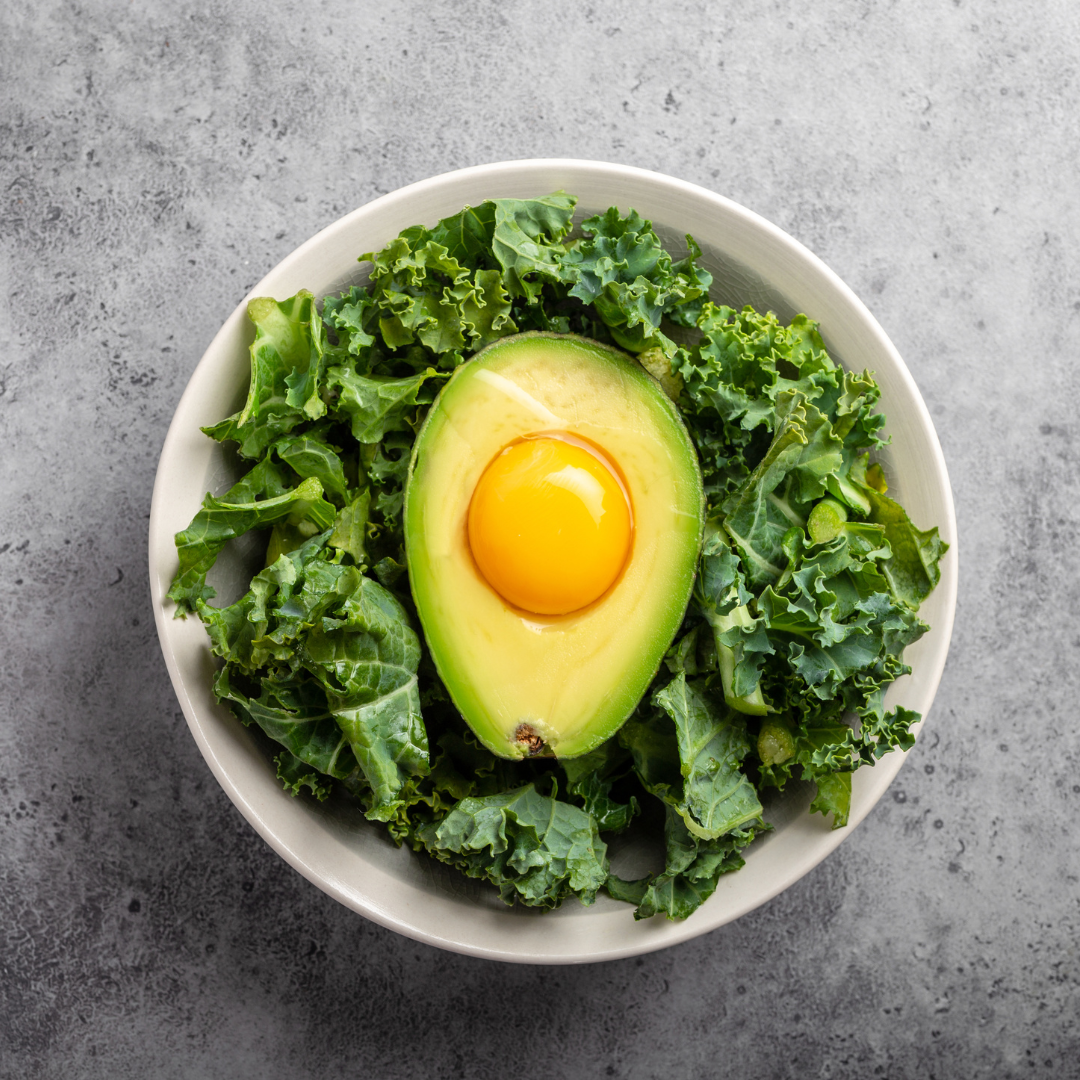Food is essential to our lives. We go through a long process of consuming it, and then we release the energy from what we eat into our body and improve our health. For this reason, diet plays an important role in overall health.
In order to get benefits from what you eat, you should be careful about food choices. You need a balanced diet that incorporates all essential nutrients necessary for your body and helps in reaching individual health goals.
Balanced Diet Definition
The Balanced Diet is a diet that consists of both healthy and unhealthy foods. The goal of this diet is to find a balance between the two, so you can maintain your health while eating what you enjoy.
There are many benefits to following a balanced diet, including weight loss, improved blood sugar control, and increased energy levels. Healthy foods include fruits, vegetables, whole grains, low-fat proteins, and lean meats. Unhealthy food items include processed foods, sugar-laden drinks, and fatty foods.
Finding a balance between these two types of foods is key to following a balanced diet. You don’t have to eliminate all unhealthy foods from your diet to follow a balanced one; instead, try to limit them while adding healthier options to your meals and snacks.
For example, opt for fruit as your main source of carbohydrates instead of sugary treats or oatmeal at breakfast time. By incorporating more healthy options into your life, you will be on the right track toward maintaining a healthy weight and improving your overall health.
What is in a Balanced Meal?
The Balanced Diet is an important way to maintain your health and well-being. It consists of consuming various foods that provide all the essential nutrients your body needs. This means eating a balanced amount of protein, carbohydrates, and fats daily.
- Protein: A good source of protein is meat, poultry, fish, legumes, eggs, and dairy products. Try to include at least 1 gram per pound of body weight each day.
- Carbohydrates: Carbohydrates are essential for energy and performance. They should make up at least half of your daily caloric intake. Choose sources that are low in sugar and processed carbs. Examples include grains, fruit, vegetables, and beans.
- Fat: Fat provides needed energy and helps you feel full after eating food. Healthy fats include mono-unsaturated fat (good sources include olive oil, nuts, and seeds), polyunsaturated fat (omega-3s found in fish oils), and saturated fat (found in fatty animal meats). Limit your intake of unhealthy fats such as trans fats and saturated fats to less than 10% of your daily caloric intake.
How to Eat a Balanced Meal
A balanced diet is the key to a healthy lifestyle and good overall health. You must eat foods high in fiber, proteins, and vitamins, as well as low in sugar and unhealthy fats.
There are many different types of diets out there, but a balanced diet is the most crucial way to achieve good health. The following are five tips for eating a balanced meal:
- Eat Plenty Of Fiber: An excellent way to start your day is by having breakfast that includes plenty of fiber. Fiber helps keep you full throughout the morning, so you don’t feel the need to snack later on. Try choosing items such as whole grain toast with peanut butter or oatmeal with fresh fruit.
- Include Enough Proteins: Protein is essential for maintaining muscle mass and promoting weight loss. It also helps provide energy throughout the day. Try including lean protein sources in every meal, such as fish, chicken, eggs, lentil soup, or tofu scramble.
- Choose Low-Sugar Foods: Sugar is one of the worst things you can eat because it’s loaded with calories and can cause harmful inflammation in your body. Instead of reaching for sugary snacks or drinks throughout the day, try choosing fruits and vegetables instead. This will help reduce your intake of bad carbs and sugars while providing you with essential nutrients and antioxidants.
- Avoid Fatty Foods And Too Many Chips: Fatty foods are not only unhealthy, but they’re also addictive. Eating too many fatty foods can lead to weight gain and health problems like heart disease. Instead of reaching for unhealthy snacks, try choosing low-fat options such as fresh fruit, whole-grain toast, or yogurt.
- Drink Plenty Of Water: It’s important to drink enough water throughout the day to stay hydrated and flush out your system. This will help reduce inflammation and improve your overall health.
It can be challenging to choose a diet that you can stick to. If it is restrictive, you can hardly keep it for months or make it a lifestyle. When you cannot follow the diet correctly, you cannot achieve your health goals. Hence, it is imperative that you go for a diet that you think will work for you.

